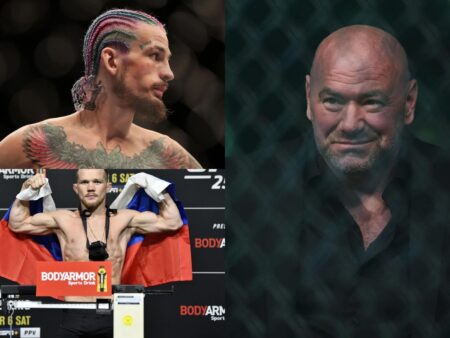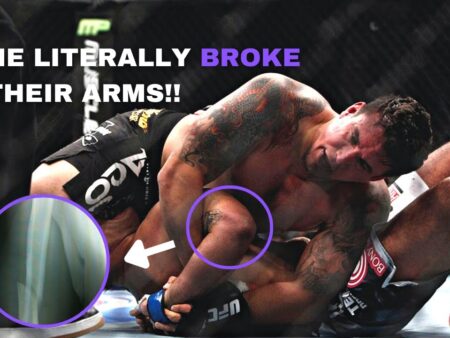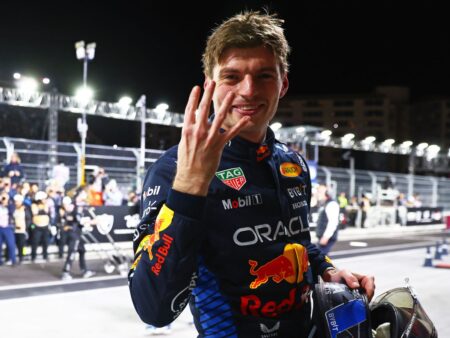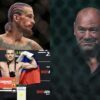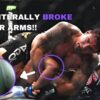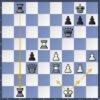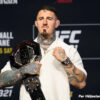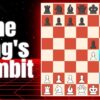Following a disappointing road trip where the Los Angeles Lakers slipped from second to fifth in the Western Conference, they faced the Phoenix Suns at home on Sunday.
The Lakers’ recent four-game losing streak, mostly without LeBron James due to a groin injury, was arguably less challenging than the Suns’ situation. Phoenix had struggled with a 6-14 record since February 1st, while the Lakers were 13-6 in the same period.
Despite their difficulties, the Suns still posed a threat with a strong offense led by Kevin Durant, Devin Booker, and Bradley Beal. They had previously defeated the Lakers twice this season, showcasing their offensive firepower.
However, this time, the Lakers’ defense, which has significantly improved since acquiring Luka Doncic, took control. Los Angeles established an early lead, holding the Suns to poor shooting in the first quarter.
‘It began with our physicality and making it difficult to catch the ball. We focused on defending specific players,’ commented Lakers coach JJ Redick after their 107-96 victory. ‘We made it hard for them to get good shots, and when they did, we contested them effectively.’
Suns coach Mike Budenholzer acknowledged the Lakers’ defensive improvement. ‘They appear more connected defensively,’ Budenholzer noted. ‘They are supporting each other and committed to that side of the court. It’s clearly better.’
The Lakers’ offense, powered by James and Doncic, has placed them in championship discussions. However, their improved defense has been crucial to their rise, especially after the trade deadline. They are close behind the Denver Nuggets for the third seed in the West.
Between January 30th and March 6th, the Lakers had the league’s best defensive rating. They excelled in limiting opponent three-point shooting, transition defense, and field goal percentage at the rim.
As the regular season nears its end and playoff seeding becomes critical, the question is whether the Lakers can maintain this defensive level when it matters most.
When Nate McMillan joined Redick’s coaching staff, he recognized the Lakers’ defensive potential despite their previous season’s ranking. He saw the return of defensive-minded players like Jarred Vanderbilt and Gabe Vincent as key to improvement.
Vincent and Vanderbilt’s limited availability in the prior season had weakened the Lakers’ perimeter defense. McMillan emphasized Vincent’s defensive impact, recalling how he effectively defended Trae Young in the playoffs.
Under Redick’s system, Vanderbilt and Vincent are encouraged to be disruptive defenders, setting a tone with their intensity and defensive pressure.
Vincent embraced this role, understanding the need for increased intensity and focus on defense.
Further bolstering their defense, the Lakers acquired Dorian Finney-Smith, another strong wing defender, adding to Redick’s defensive options.
Finney-Smith emphasized Redick’s simple instructions: communicate, lead, and play aggressively on defense.
Since Finney-Smith’s arrival, the Lakers’ defensive efficiency has significantly improved, jumping from 21st to fourth in the league, according to ESPN Research.
While the Lakers gained offensive star Luka Doncic in place of Anthony Davis, known for his defense, their scheme aims to minimize defensive liabilities. By having players like Doncic, James, and Austin Reaves focus on paint protection, they compensate for some individual defensive limitations.
A scout noted that even players not known for defense are performing above expectations within the Lakers’ system.
Doncic’s individual defense has also improved statistically within the team’s defensive framework.
The Lakers’ defensive strategy involves allowing open three-point shots, relying on opponents missing them. While this has been effective, when opponents shoot well from three, the Lakers have struggled, as seen in recent losses.
To further strengthen their defense, the Lakers signed Trey Jemison III and Jordan Goodwin, both known for their defensive abilities. Goodwin, despite his size, is a strong rebounder and defender.
However, the use of two-way contract players like Goodwin and Jemison presents a roster management challenge as they have limited game availability. The Lakers will need to make roster decisions to potentially keep them for the playoffs.
Goodwin’s two-way contract became official in February, fulfilling earlier interest from the coaching staff. Redick’s message to Goodwin was to play freely and aggressively on defense.
Goodwin has embraced his role, contributing to the team’s defensive intensity. After a win against Phoenix, Redick praised Goodwin’s impact in setting the team’s defensive tone.
Goodwin is focused on maintaining his place in the NBA by contributing in any role needed, especially on defense.
To make two-way players like Goodwin or Jemison eligible for the playoffs, the Lakers would need to convert their contracts to standard NBA deals by April 13th, requiring them to release a current rostered player.
Cam Reddish could be a candidate for release, having fallen out of the rotation. Alex Len, a recent signing, might also be considered, despite turning down other offers to join the Lakers.
A Lakers source indicated that the emergence of two-way players is a positive roster challenge and that the team will evaluate all options before making any roster changes, utilizing the remaining regular season games for further assessment.
The Lakers face a challenging schedule leading into the playoffs, with games against top offensive teams, providing further tests for their improved defense.
‘We can defeat any team when we limit them to around 100 points,’ stated Finney-Smith. ‘With our offensive talent, especially when LeBron returns, defense will be the key to our success.’
